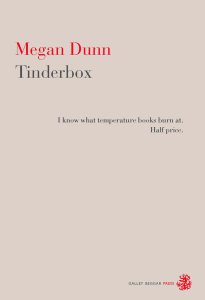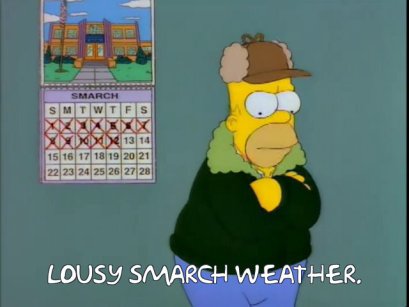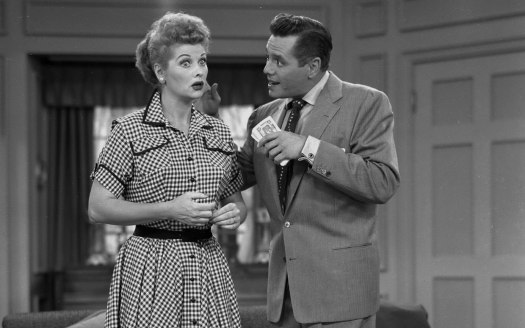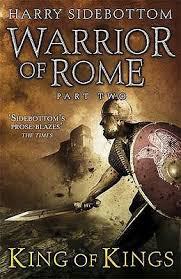
Tinderbox, by Megan Dunn, is a book about the author’s failure to write a book, and how this led to her writing this one. It provides a window into the creative process and much else besides.
In November 2013 Dunn set out to participate in NaNoWriMo. The premise for her novel was a rewrite of Ray Bradbury’s Fahrenheit 451 from the perspective of Clarisse McClellan, the teenager who befriends the fireman in Bradbury’s work. Dunn intended to produce a homage to the book, which she had studied in High School. Things didn’t quite go to plan.
Dunn decides to reread the novel but ends up taking much of her material from Sparks Notes (a study guide) and the 1966 film version of the book, featuring Julie Christie. Dunn admires how Christie dresses and looks. She is also fascinated by the film making process detailed in the DVD extras. She is easily distracted when writing which provides for entertaining asides.
By 2013 Dunn had left behind her career as a bookseller at Borders, a chain of bookshops that went into administration in the UK in 2009. She recounts episodes from her experiences in the various branches where she worked, and of being made redundant. Her recollections are honest and lacking the usual sentiment book lovers apply to booksellers. As an aspiring author she had hoped that inspiration would seep from the pages of the stock she handled but this wasn’t to be.
Dunn struggles to churn out the words required to meet the NaNoWriMo target. She ponders Bradbury’s creative process, how he wrote Fahrenheit 451 on a library typewriter hired by the hour, completing the first draft in nine days. Her own writing refuses to flow.
Dunn reflects on the books that sell well; on culture snobs and the popularity of reality TV; on the rise of Amazon and growth of on-line retail; on Kindles and other eReaders. She studies the future as imagined by Bradbury and observes the habits and technology of today.
The writing is sharp and contemporary. There is no shying away from such issues as the prevalence of downloading digital content illegally. Dunn admits to drug taking and reflects on the breakup of her marriage. She mentions the large number of creative writing courses she enrolled in over the years. It is refreshing to find an autobiographical account of failure that is unapologetic and makes no attempt to garner pity.
I haven’t read Fahrenheit 451 or watched the film referenced but this didn’t detract from my enjoyment. Dunn’s portrayal of book selling was of particular interest. The writing throughout is droll and pithy, the existence of this book an against the odds achievement. It should be recommended reading for aspiring authors everywhere.
Tinderbox is published by Galley Beggar Press.
Advertisements Share this:




